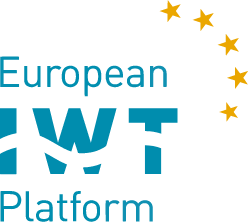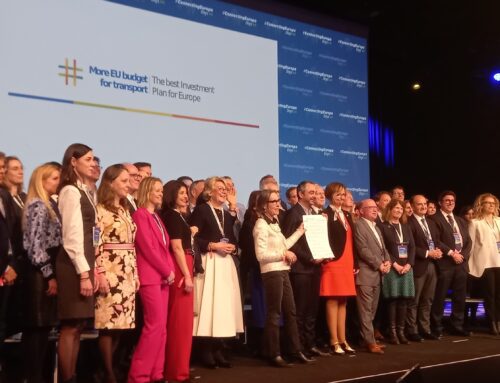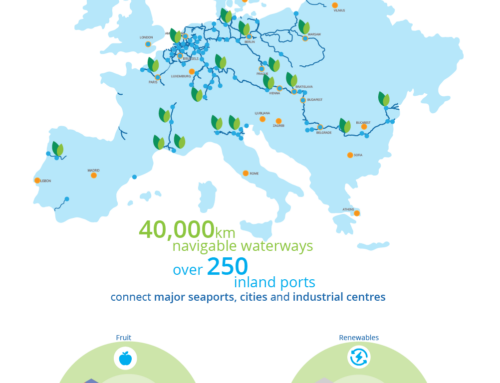On 11 January 2021, the Social & Education Committee held its first (video) meeting of the year, discussing the draft Roadmap for a European Manning Regulation. This roadmap is the core of the work of the CESNI/QP/Crew sub-working group, in which EBU and ESO representatives are intensively involved.
The roadmap is to serve as a basis for the elaboration of a new European Manning Regulation and is to be completed by April.
Working Time Directive on a future manning regulation
Entrepreneurs from EBU and ESO organizations were invited to discuss the issues in chapter five, which deals with the impact of the Working Time Directive on a future manning regulation. To this end, it is important to know that inland navigation with Directive 2014/112/EU has its lex specialist, which takes into account the special characteristics of this sector and is based on a social partner agreement that entered into force in 2014.
One of these characteristics leads to one of the issues that is intensively discussed between the social partners and was one of the important topics in the meeting with our entrepreneurs.
The crewmembers
A crewmember does not only work on a ship, but also lives there during its period of service and spends his free time there. Unlike in most other employment relationships, it cannot be assumed that the time a crew member spends on the ship is simultaneously working time. This often leads to difficult discussions because, for example, the operating time of the ship and the working time of a crew member do not necessarily correspond. A crew member can have rest time while the ship is sailing and work time while the ship is at rest.
This makes it impossible to automatically record working time while the ship is in operation, as it is the case with trucks. In addition, unlike on a truck, there is not only one person working on a ship, but there are other crew members working in addition to the boat master. It is easy to imagine how difficult it is to find the right approach that keeps the interests of employees and employers equally in mind.
The entrepreneurs of EBU and ESO agreed that recording working time in real time is hardly possible under these conditions and that in any case it must remain guaranteed that the employer has a possibility to control a recording. A separate working group of entrepreneurs will be established to deal with the question of a possible workable digital recording of working time.
For more information, please contact n.delmeire@inlandwaterwaytransport.eu
Andrea Beckschäfer
19 January 2021






